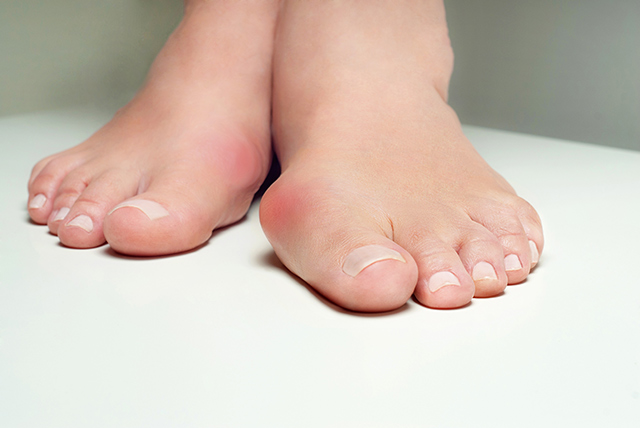Marijuana can help reduce the frequency of mental health problems
02/01/2016 / By Chris Draper

Medicinal cannabis is known to help treat – and in some cases, prevent – a myriad of mental health problems, including Alzheimer’s and Huntington’s disease. Until recently, however, little had been known about the medicinal benefits marijuana has for migraines. According to a recent study, medical marijuana could help migraine sufferers reduce the frequency of headaches.(1,2)
The study included 121 people who suffered from frequent migraines. Approximately 103 of the participants claimed to experience fewer migraines after using marijuana, 15 people claimed their migraine frequency remained the same and three claimed their migraine frequency increased.(1)
Researchers found that people who reported an improvement went from experiencing an average of 10.4 headaches a month to 4.6 headaches a month.(1)
Sending migraines up in smoke
“There was a substantial improvement for patients in their ability to function and feel better,” author of the study Laura Borgelt, a professor of clinical pharmacy at the University of Colorado Anschutz Medical Campus, said in a statement.(1)
Nevertheless, “Like any drug, marijuana has potential benefits and potential risks,” Borgelt noted. “It’s important for people to be aware that using medical marijuana can also have adverse effects,” she added.(1)
During the study, the researchers reviewed the number of migraines per month for patients in Colorado, whose doctors advised that they use medicinal cannabis to ease and thwart their migraines between January 2010 and September 2014.(1)
Mother Nature's micronutrient secret: Organic Broccoli Sprout Capsules now available, delivering 280mg of high-density nutrition, including the extraordinary "sulforaphane" and "glucosinolate" nutrients found only in cruciferous healing foods. Every lot laboratory tested. See availability here.
Most people in the study ingested marijuana in various ways, including inhaling, smoking and eating it. The majority preferred to inhale marijuana to treat acute migraines and eat it to prevent future migraines. Nearly half of the people in the study used marijuana in conjunction with prescription drugs for migraines.(1)
Fourteen people in the study said they experienced ill side effects over the course of the treatment, such as sleepiness, nightmares and nausea. More side effects were reported among those who consumed marijuana in its edible form.(1)
Cannabinoids ease brain inflammation responsible for cognitive disorders
The researchers also acknowledged that they were unsure why or how marijuana was able to soothe and stop migraines. Scientists still don’t have a complete picture of what triggers migraines, though poor dietary habits are considered to be a major factor.
Research has shown that cannabinoids act as an antioxidant in the brain. The brain’s cannabinoid system is capable of cleansing damaged brain cells and creating new ones. For this reason, cannabis is able to mitigate the inflammation behind a slew of cognitive disorders, including Alzheimer’s and Huntington’s disease.(2)
There are many reasons that could explain why marijuana can help treat migraines specifically. For instance, some scientists have proposed that migraines are the result of a problem in the brain’s cannabinoid receptors, which impact the transmission of feel good chemicals in the brain, like serotonin. The compounds in marijuana may influence these receptors.(2)
It’s equally possible that serotonin itself plays a significant hand in migraine headaches. According to Borgelt, research has demonstrated that THC – the chemical responsible for marijuana’s psychological effects – could impact serotonin levels.(2)
Fortunately, what all migraine sufferers need to do to prevent future headaches is to make some simple lifestyle adjustments. Cutting back on alcohol, caffeine and avoiding food preservatives are all sufficient ways to reduce the frequency of migraines. The fact that marijuana happens to soothe headaches is just an added bonus. Just keep in mind this age-old adage: An ounce of prevention is always better than a pound of cure.(3)
Sources include:
(1) LiveScience.com
(2) NaturalNews.com
(3) HealthLine.com
Tagged Under: headaches, medicinal cannabis, migraines




















